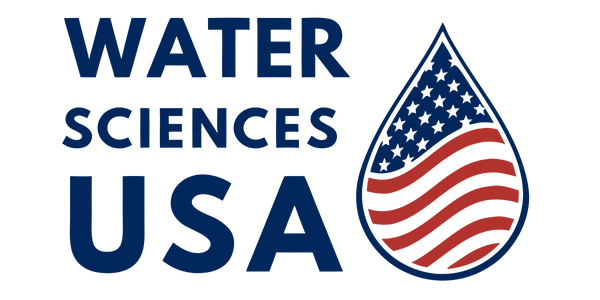How the Metals in Tap Water Can Impact New Homeowners

Whether a property relies on a private well or public utilities, testing drinking water for metal contaminants can get new home owners living with peace of mind from day 1. Metals like lead and copper can leach from pipes in public water systems or contaminate wells naturally, damaging plumbing and posing health risks. Even radioactive elements like uranium have been reported to be found in two-thirds of U.S. community water system monitoring records.
Metals can pose risk to both health and home
For both well and public water systems, certain metals threaten health and home infrastructure. Lead, notorious in older homes with lead pipes or solder, corrodes plumbing, causing leaks, and has no safe level—above the EPA’s 0.015 mg/L action level, it risks neurological damage and developmental issues in children. Copper, common in homes with copper pipes, causes blue-green stains and pipe corrosion above 1.0 mg/L, while levels over 1.3 mg/L trigger stomach and liver issues. Arsenic, prevalent in well water in states like Maine, causes cancer above 0.01 mg/L and clogs water heaters. Cadmium and chromium from industrial runoff or old plumbing corrode pipes and cause kidney damage or cancer above 0.005 mg/L and 0.1 mg/L, respectively.
Metals like iron and manganese can cause red-brown and black stains, clogging pipes in wells or public systems above 0.3 mg/L and 0.05 mg/L; manganese also risks neurological issues above 0.3 mg/L for infants. Aluminum and zinc contribute to scaling and corrosion, impacting taste.
Hard metals and can cause hard water
Water hardness refers to the concentration of dissolved calcium, magnesium, and sodium in water. High levels of these minerals define hard water, which you might notice after washing your hands with soap, leaving a filmy residue or "soap scum" due to calcium reacting with soap. This can make cleaning your hands, hair, or laundry less effective, requiring more soap or detergent to achieve the desired results.
Other metals will leave your pipes in OK condition, but can still impact your health
Some metals primarily pose health risks. Antimony, beryllium, mercury, and thallium can enter wells or public systems from industrial sources, risking liver, kidney, or neurological harm above EPA MCLs (0.006 mg/L, 0.004 mg/L, 0.002 mg/L, and 0.002 mg/L). Barium (over 2 mg/L) forms pipe deposits and causes heart issues, while uranium (over 0.03 mg/L), common in wells, damages kidneys. Selenium (over 0.05 mg/L) from agricultural runoff causes hair loss.
Test water to see where you stand
How to take action if you find metal in your tap water
If tests reveal metals above safe levels, solutions exist. Reverse osmosis effectively removes arsenic, lead, and uranium, while ion exchange targets barium and cadmium. Activated carbon filters reduce mercury and chromium, and water softeners address calcium, magnesium, and manganese. For iron and zinc, oxidation filters work well.
These solutions start by knowing what you're dealing with. By helping home owners test and understand their risks and potential solutions, you can give them more knowledge and a healthier home.
